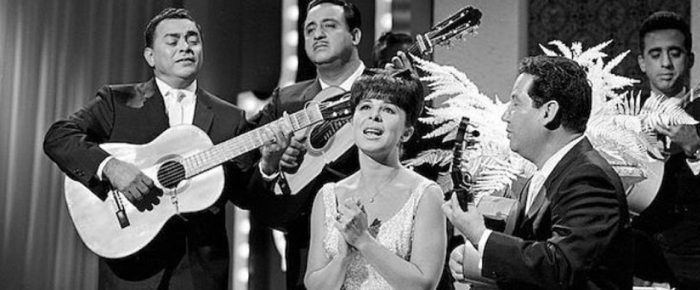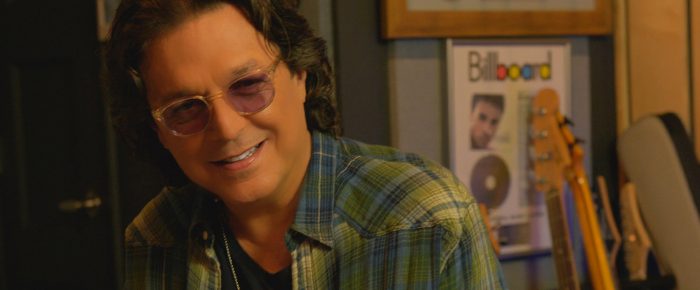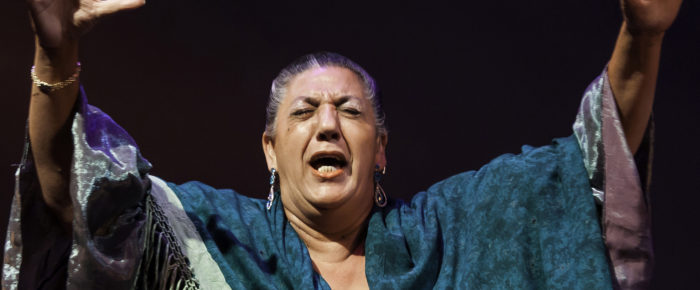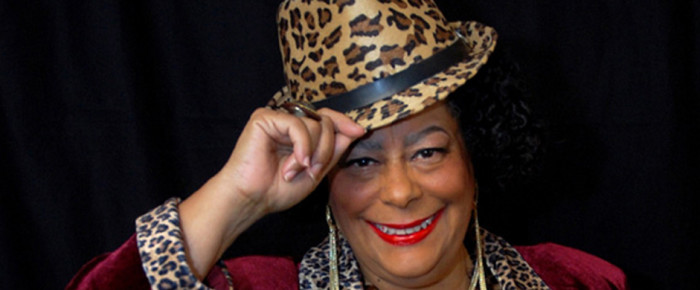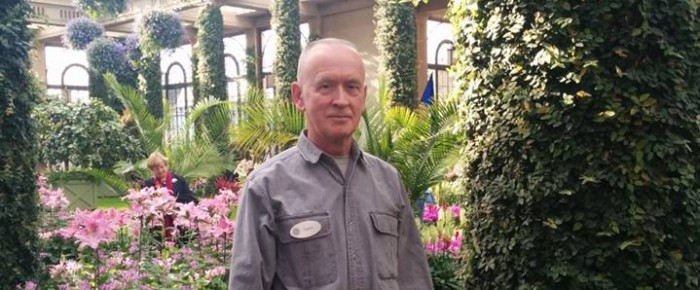Film and television composer David Lawrence, who won an ASCAP Award for the score of “American Pie 2,” was destined for a career in music as the son of the…
Read moreAward-winning composer of “American Pie 2” makes album for his late mom, singer Eydie Gormé
